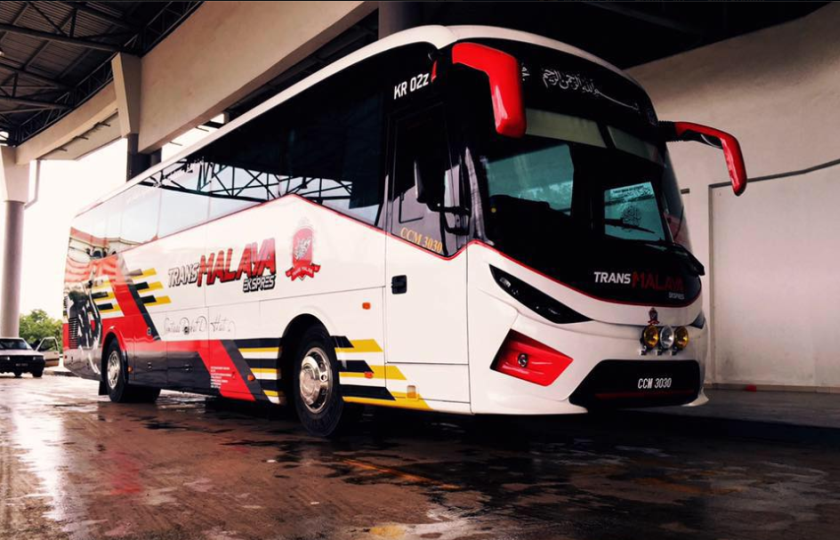Who Is Saying What About TransMalaya Ekspres' Problematic Gender-Segregation Policy
Reaction to the news has been mixed, with most in favour if it is about female safety but against due to its moral tone.
On 28 December, a report in The Malay Mail Online (MMO) said that long-haul bus operator TransMalaya Ekspres has been running a segregation policy which requires male and female passengers to sit separately since February last year
According to the report in the MMO, Noorlini Ramli, the owner and co-founder of KRZ Management Sdn Bhd that manages the TransMalaya fleet, said the initiative was taken following her own negative experience as a lone traveller, and witnessing couples act in buses in ways she deemed "inappropriate".
"This is for both Muslims and non-Muslims. We simply want to avoid any untoward incidents," she was quoted as saying on the move that she claims has the support of many customers, regardless of race and religion.
How the segregation policy works:
Women will sit on the right, while men on the left.
TransMalaya's ticketing counter staff first asks their female passengers whether they are travelling alone, and subsequently offer them the appropriate seats.
Muslim couples who buy tickets together will be asked to produce their marriage certification.
While some female passengers say they are okay with having a male sitting beside them, most opt for the female seats, according to Noorlini.
Some customers do resist against their condition and demand to be seated together, in which case, the company gives them the front seats.
"We will try advising them against it, but if they do not accept our advice, then we give them the front seats so we can keep an eye on them," Noorlini said.
Reaction to the news has been mixed, with most in favour if it is about female safety but against due to its moral tone
"It's obvious they just don't want male and female sit together and not because they care about your safety," posted a Redditor in the sub-Reddit thread about the post.
"WTF. You're a bus company, not JAIS. How legal is this?" posted another reacting to the fact that Muslim couples will have to produce their marriage certificate.
"I have no issues with special "women only" seating area. In fact, it's a great idea and can get more customers. Where I draw the line is a bus company asking for a marriage licence, that's none of their business. This moral policing must stop. It's none of the bus company's business if unmarried men/women want to sit together. I hope ppl boycott busybody kaypochi moral police companies like this," another Redditor reacted.
Perak mufti, Tan Sri Dato' Seri Haji Harussani bin Haji Zakaria, on the other hand, has praised the company's segregation policy, saying it was in line with Islamic guidelines prohibiting the free mixing of men and women
He criticised Muslims who were opposing the policy, calling them "ignorant" and "guilty" of challenging "God's laws". He said that it was "haram" and "sinful" for men and women to sit next to other if they are not related.
"The non-Muslims will obviously disagree with any Islamic laws as they preach freedom," the Perak Mufti was quoted as saying by FMT.
Unlike the Perak Mufti, though, the gender segregation policy failed to win the support of lawyer-activist Siti Kasim
Siti Kasim took to Facebook to take the operators of the TransMalaya bus service.
"I for one will never use this company. If I want to be seated (next) to a man or woman, it is my choice. Who are they to play the moral police?" Siti posted on Facebook.
Boo Su-Lyn, a feminist in her column for The Malay Mail Online, however, has highlighted what's really wrong with the problematic policy, which is really moral policing disguised as safety concern, and why it is "a facile attempt at resolving sexual harassment problems"
It's really moral policing disguised as a safety concern because KRZ Management Sdn Bhd, the company that manages the TransMalaya fleet, says customers who insist on being seated together will be given the front seats so that they “can keep an eye on them”, as if monitoring public displays of affection is more important than paying attention to the road.
It's problematic because it doesn’t tackle the root cause of sexual crimes and prevents women from fully participating in the public sphere, Boo Su-Lyn writes.
You can read her full column over at The Malay Mail Online, here.

